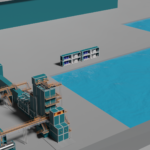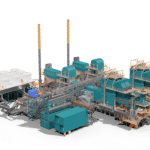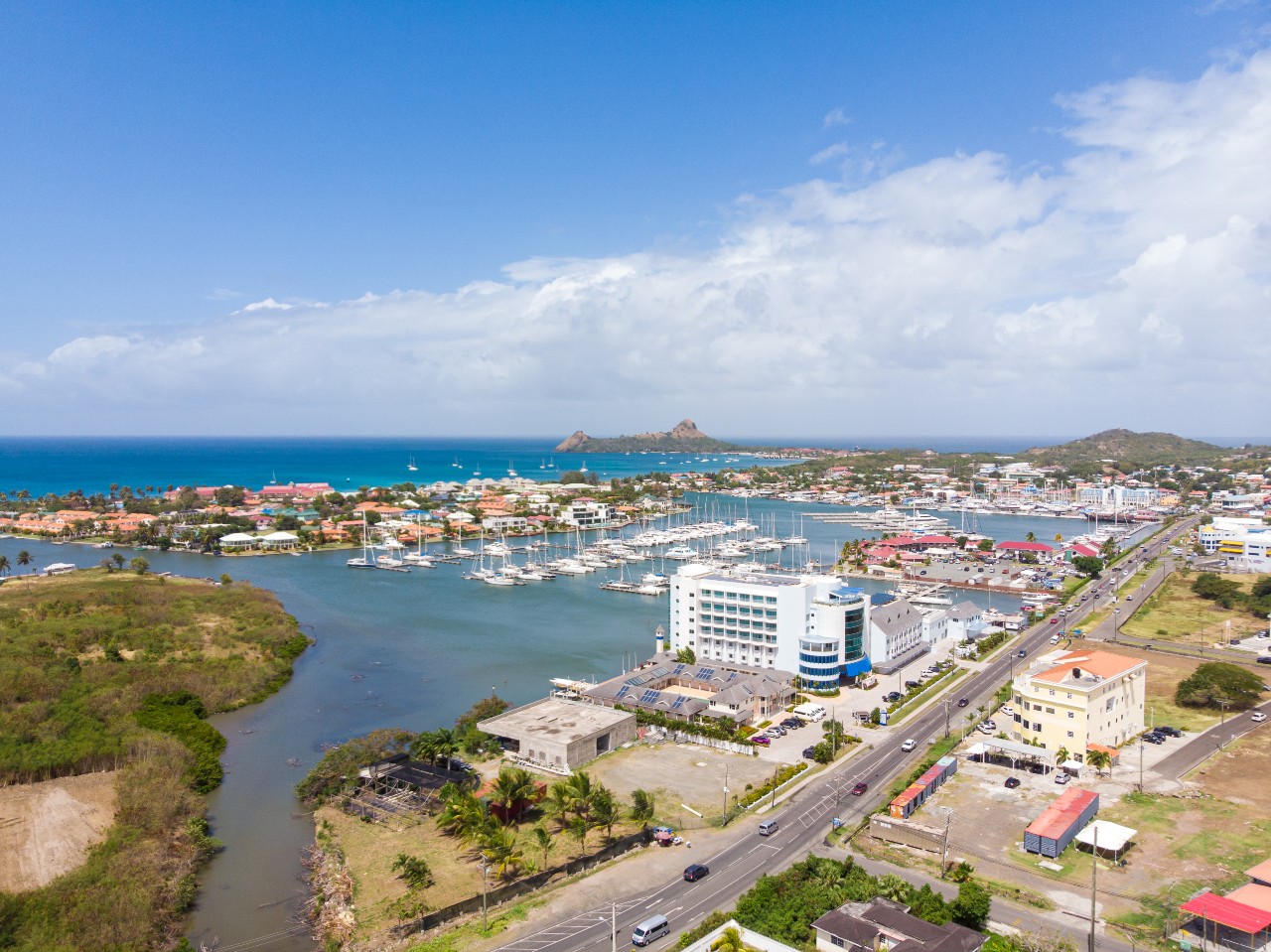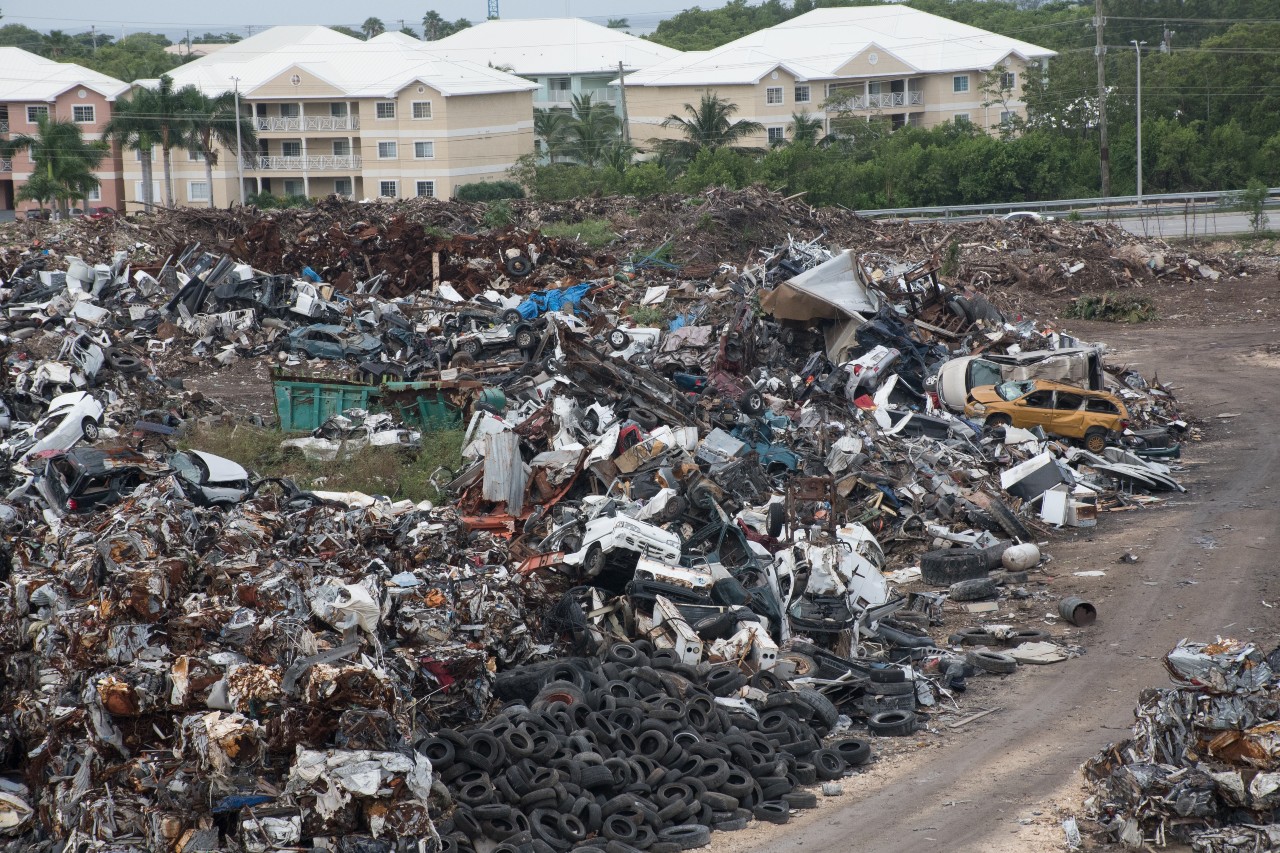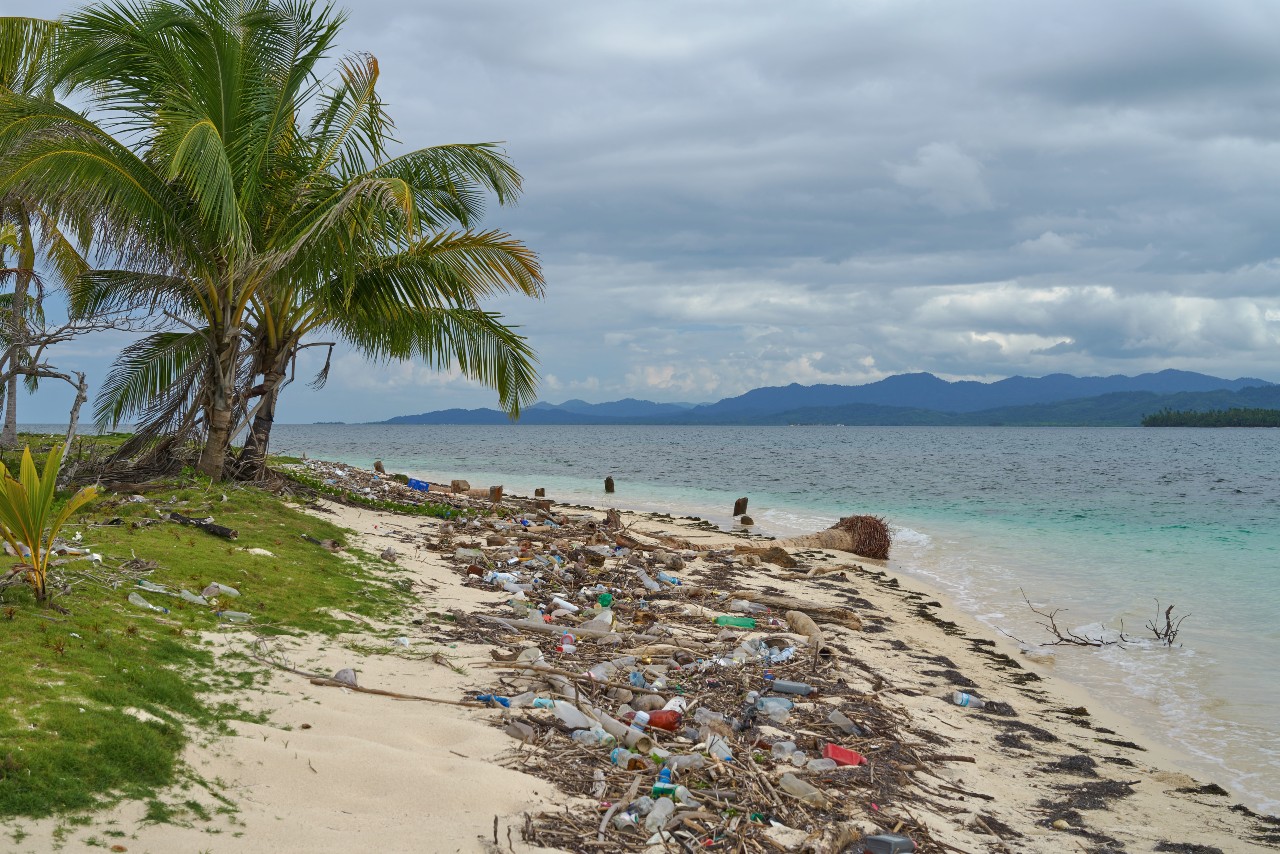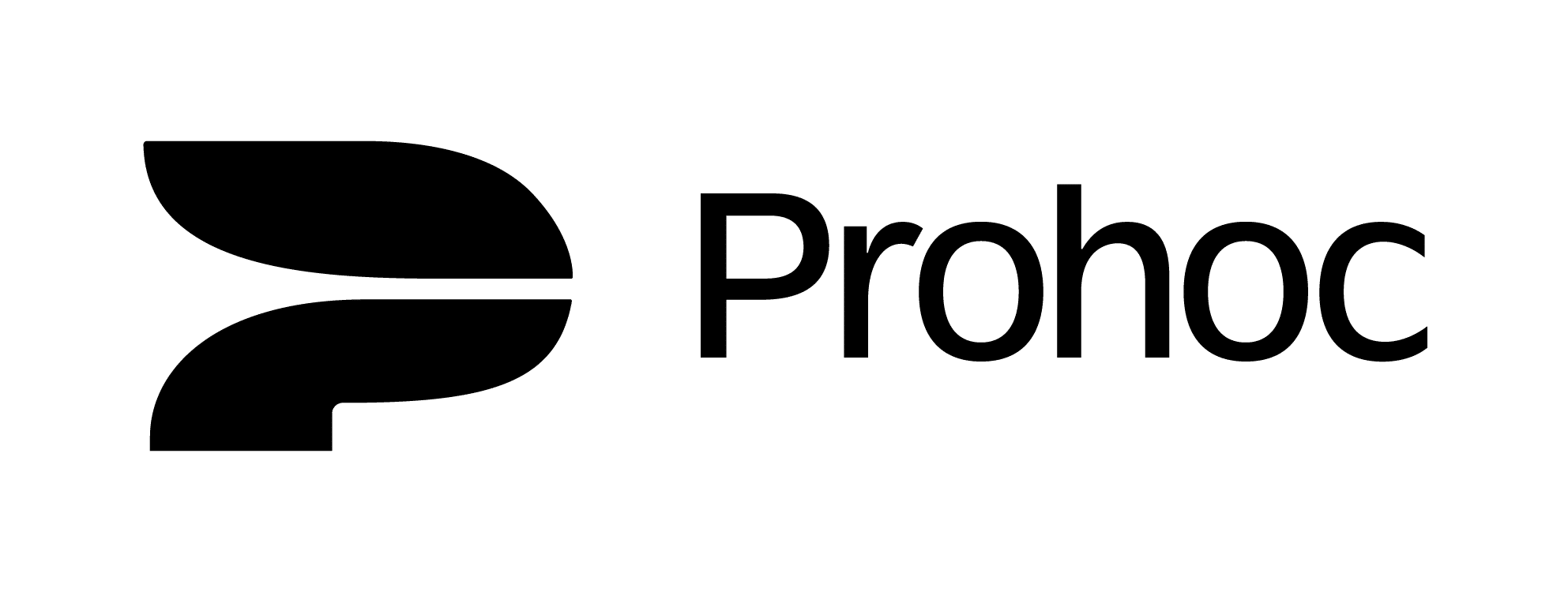Saint Lucia is a sovereign island country in the West Indies in the eastern Caribbean Sea on the boundary with the Atlantic Ocean. The island is also called Iyonola, the name given to the island by the native Caribs. Part of the Lesser Antilles, it is located north/northeast of the island of Saint Vincent, northwest of Barbados and south of Martinique. It covers a land area of 617 km2 and has a population of 180,000. Its capital is Castries with 50,000 inhabitants in the capital city region.
The French were the island’s first European settlers. They signed a treaty with the native Island Caribs in 1660. England took control of the island from 1663 to 1667. In ensuing years, it was at war with France fourteen times, and the rule of the island changed frequently (it was ruled seven times each by the French and British). In 1814, the British took definitive control of the island. Because it switched so often between British and French control, Saint Lucia was also known as the “Helen of the West Indies” after the Greek mythology “Helen of Troy”.
France and Great Britain continued to contest Saint Lucia until the British secured it in 1814, as part of the Treaty of Paris ending the Napoleonic Wars. Thereafter, Saint Lucia was considered part of the British Windward Islands colony. On 22 February 1979, Saint Lucia became an independent state and a member of the Commonwealth of Nations.
The latest data on Municipal Solid Waste generation shows St. Lucia and the Caribbean overall as one of the largest per capita generator of Municipal Waste in the world. The information, gathered and published by the World Bank, shows St. Lucia in 8th position, generating a total of 4.35 kg of waste per person per day. This amount is nearly 9 times more than the best performer in the Latin American and Caribbean region Bolivia and more than two times that of US citizens.
St. Lucia was however outperformed in sheer waste generation by Barbados, Guyana, St. Kitts and Nevis and Antigua and Barbuda who racked up 4.75, 5.33, 5.45 and 5.50 kilograms per day respectively. The report also showed lackluster efforts at recycling despite the limited land-space available for storing waste on the island. Caribbean Republic Trinidad and Tobago was ranked as the worst offender in the world with a whopping 14.4 kg of waste per person per day.
Currently, the Saint Lucia Solid Waste Management Authority (SLSWMA) is processing some 80,000 tons of garbage through the country’s two refuse operation; Deglos sanitary landfill and Vieux Fort’s solid waste management facility.
Most waste authorities in the Caribbean rely on landfills but dumps are becoming an increasingly undesirable and unsustainable solution. On islands where land is a scarce and expensive resource, sprawling dump sites are taking over valuable property. In addition, these sites pose serious health risks. Landfills, if not managed well, can catch fire and leakage of unsanitary materials into the water table is also a risk, as is the spread of disease from landfill pests such as insects and rodents.
When managed properly, landfills can play a significant part in waste disposal process, but they are rarely a long-term solution. Saint Lucia’s main landfill at Deglos is set to reach the end of its anticipated lifespan by 2023, which sets a timetable for finding ways to divert waste away from dump sites to protect both citizens and the environment. Instead of looking at waste as a problem, it should be considered a resource that can substitute imported fuels in power generation.
WOIMA has the perfect solution to support the partially UNEP-funded initiative to develop a strategy for solid waste management on the island. We have developed a modular wasteWOIMA® waste-to-energy power plant that is prefabricated into standard containers and thus easy and fast to deliver anywhere in the world. It recycles the waste into raw materials and energy in the most efficient manner reducing the waste quantity by over 95%. And if requirements change over time, the power plant can be dismantled and relocated elsewhere leaving just the concrete base slab behind.
Read more: Woima Holiday resort waste-to-energy solution
Contact WOIMA, if you see yourself as collaboration partner in saving the planet. Ask more about turning waste into wellbeing with WOIMA Circular Economy Solutions.

